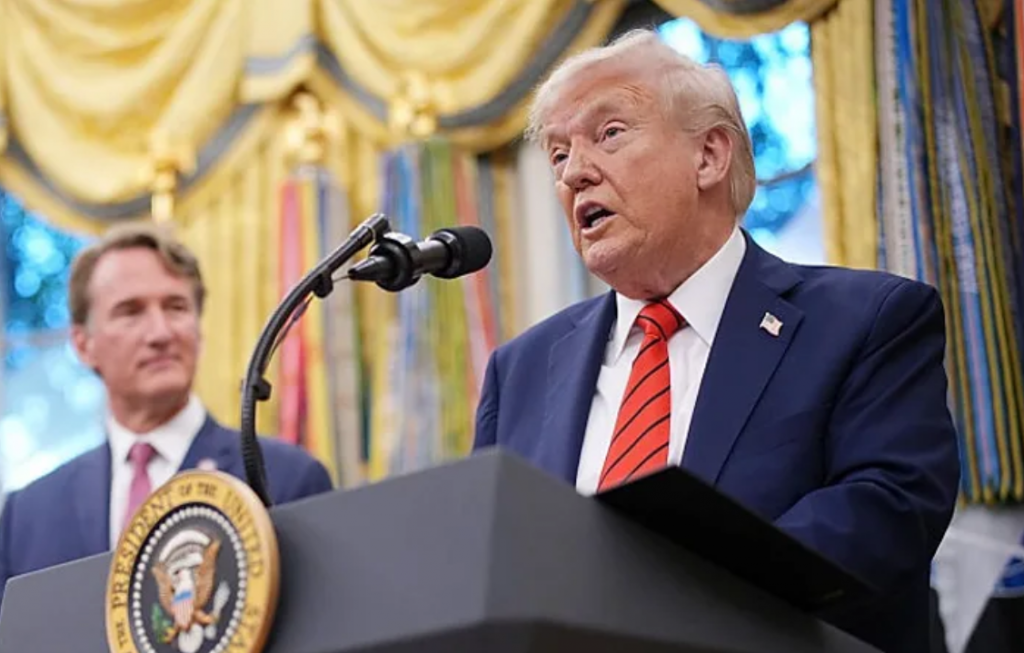Now Reading: How Travel Changes the Way We Think and Perceive the World
-
01
How Travel Changes the Way We Think and Perceive the World
How Travel Changes the Way We Think and Perceive the World

Travel does more than change our environment; it cracks open the frameworks of perception we unknowingly rely upon in everyday life. Our “norms” are built from a mosaic of influences—family traditions, school teachings, cultural values, and everything else we absorb from our surroundings. These influences are so ingrained that we rarely stop to question them. Traveling interrupts this unconscious acceptance. Suddenly, what once seemed self-evident—a particular way of dining, greeting others, resolving conflict, or measuring success—is revealed to be only one version of many possible realities. For instance, someone raised in a culture where independence is prized may feel destabilized when encountering a society that values collectivism, where decisions are guided less by individual preference and more by the wellbeing of family or community. This dissonance, at first uncomfortable, eventually loosens the grip of rigid thinking. What begins as curiosity about “why things are done differently here” transforms into a deeper questioning of why we ourselves do things the way we do at home.
The more we travel, the more flexible our understanding becomes. Travel turns the world into a living classroom where lessons are not absorbed through textbooks but embodied through direct experience: getting lost in a foreign city and relying on the kindness of strangers, learning to navigate a menu in a language we barely know, adapting to climates or infrastructures that function outside our comfort zone. Each of these instances forces us into adaptability, reminding us not only of the diversity of human life but of the previously unacknowledged abilities within ourselves. It is this dual process—engaging with the external world while simultaneously rediscovering the inner self—that makes traveling such a potent re-shaper of perception.
To describe travel merely as movement from one place to another is to miss the deeper transformation it brings. The mirror it provides can be surprising. We may notice, for instance, how quickly we assume that our way of queuing in public spaces is the “right” way, or that personal space should be universally respected in the same manner everywhere. Travel reflects these assumptions back to us, showing how arbitrary they often are. Simultaneously, the lens of travel refracts these habits, bending them into new shapes. We begin to see that ideas about time, community, success, or even happiness vary widely across cultures, and none hold unquestioned superiority.
This process is rarely free of friction. Culture shock, language barriers, and communication breakdowns can feel frustrating in the moment. Yet these very challenges press on the boundaries of our perception until they loosen. Over weeks or months, we gain a remarkable capacity for patience, humility, and empathy. The rigid lines with which we once divided “us” from “them” blur, replaced with an appreciation for shades of difference.
Long-term travelers often reflect that what changes most is not just how they see other cultures, but how they see their own. Practices at home may begin to look less natural and more constructed, less “the way it has to be” and more “just one way among many.” This shift fills life with possibility. Travelers often return not necessarily eager to abandon their culture but enriched by multiple perspectives, creative in their approaches to problem-solving, and more resilient in the face of uncertainty.
In this sense, travel is not an escape from reality but a deeper immersion into it—a recognition that reality itself is multifaceted, shaped by countless cultural, historical, and personal narratives. To engage with that diversity is to open ourselves not only to the world but to the latent capacities within our own minds: empathy that stretches further, curiosity that resists closure, and resilience that embraces change.
Ultimately, traveling teaches us that perception is neither fixed nor solitary. It is dynamic, ever-expanding, and profoundly interconnected. When we carry that awareness back into our everyday lives, we continue to see through a broadened lens—a gift of perspective that endures long after the journey ends.

















